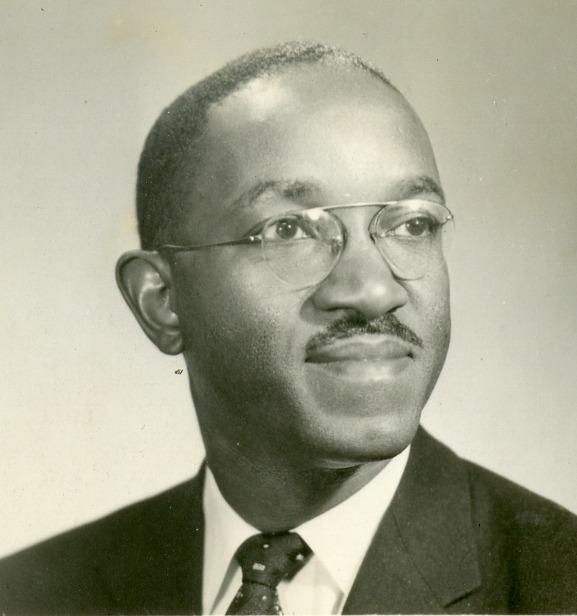John Hope Franklin was a historian specializing in Southern and African American history. He wrote From Slavery to Freedom, the seminal work on African American history, which was first published in 1947. In the course of his career, Franklin had professorships at St. Augustine College, North Carolina College, Howard University, Brooklyn College, University of Chicago, and Duke University. He served as president of numerous historical and community organizations throughout his career. President Clinton awarded him the Presidential Medal of Freedom in 1995. Franklin also served on President Clinton's Advisory Board for the President's Initiative on Race from 1997 to 1998.
Image


